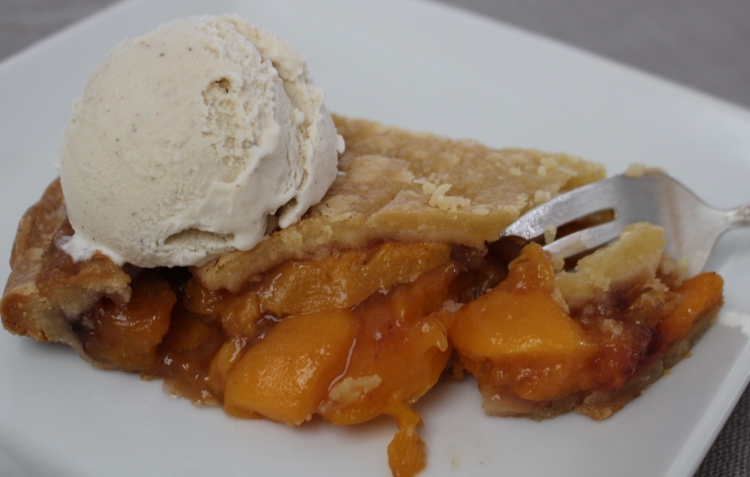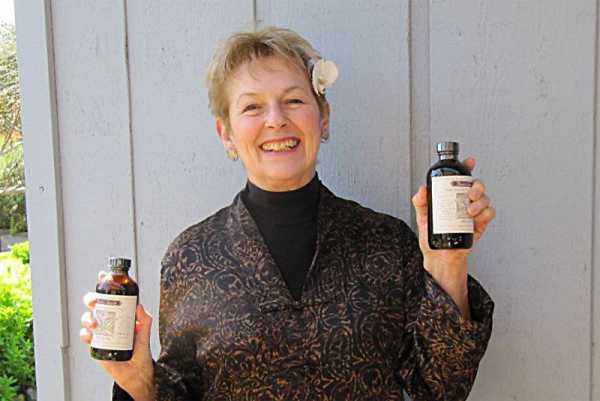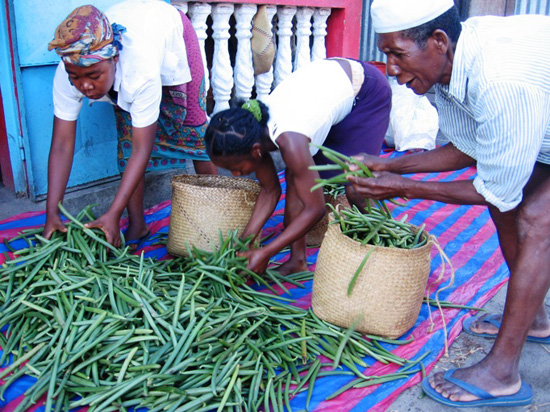
I'm amazed at how superior your vanilla is!
– Des, The Grommet
Commonly Asked Questions About Tea
Courtesy of Annaliese Keller: www.malabartradingco.com
Q: How many cups will I get from one ounce of tea?
A: A pound of tea yields between 200 -250 cups of tea. An ounce of tea will yield between 12.5 and 15 cups of tea.
Q: How much loose tea should I use?
A: Typically at professional tastings, the optimum tea quantity is 1.5 grams per 5.5 ounce cup of water. However, few have a gram scale at home and must rely on common household measures, such as a teaspoon. Start with a level teaspoon of loose tea, and then adjust it up or down according to your taste. It doesn’t take long to find your preferred strength. Keep in mind that using too much tea is a waste of product, and can result in a bitter, unpalatable cup of tea.
Q: Do you sell decaffeinated teas?
A: No. However, decaffeination is a simple process. Pour hot water over the tea leaves and steep for 30 to 60 seconds. Discard the water, then infuse the leaves again using the appropriate temperature of water for your tea. This method will remove most (about 80 percent) of the caffeine. No “decaffeinated” tea or coffee is 100 percent caffeine free. If you need to eliminate caffeine from your diet completely, switch to an herbal tea. Tisanes are 100% caffeine free! See chart below for caffeine comparisons.
Commercially decaffeinated tea undergoes processing where a solvent is used to dissolve the caffeine and then the solvent is removed from the tea. Two solvents are commonly used: ethyl acetate and CO2. Both methods are considered fairly safe and effective. Less common is the use of CO2 as it is a more costly process. Two major advantages of the CO2 process are that it does not leave a chemical residue and has minimal effect on the beneficial compounds found in tea. For example, green tea decaffeinated using ethyl acetate retains only about 30 percent of its EGCG antioxidant content, while CO2 retains about 95 percent. If you are interested in decaffeinated tea, make sure it is decaffeinated using the CO2 process.
Watching Your Caffeine Intake?
Caffeine Level Milligrams
Coffee (5 oz. cup) 80
Cola (12 oz. can) 45
Black Tea 40
Flavored Tea 40
Oolong Tea 30
Green Tea 20
White Tea 15
Decaf Tea 5-10
Herbal Tea 0
To eliminate caffeine intake completely, consider switching to herbal tea, because even decaffeinated tea contains a trace (between 5 and 10 milligrams) of caffeine.
I was given a small bottle of Rain’s Choice in a gift basket and I have been hooked ever since. The flavor makes all of my baking so much better! I will never use grocery store vanilla again!


© 2021. All Rights Reserved
Designed/Developed by Kat & Mouse